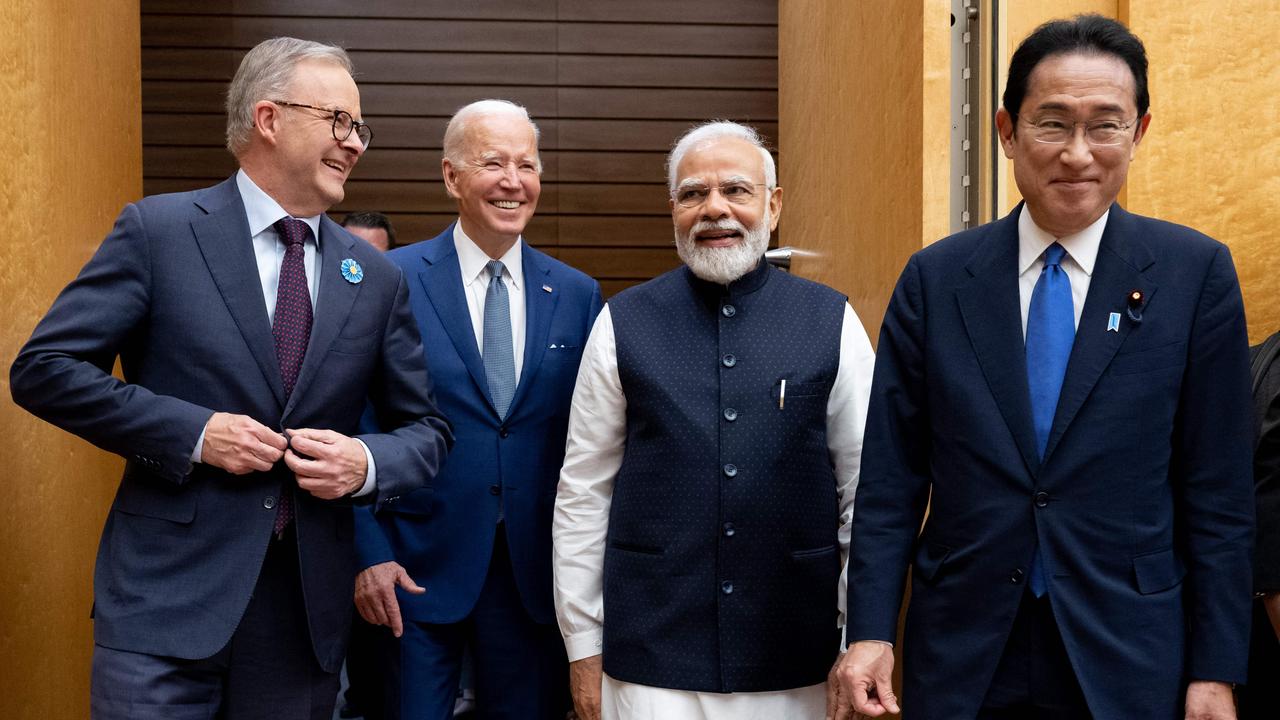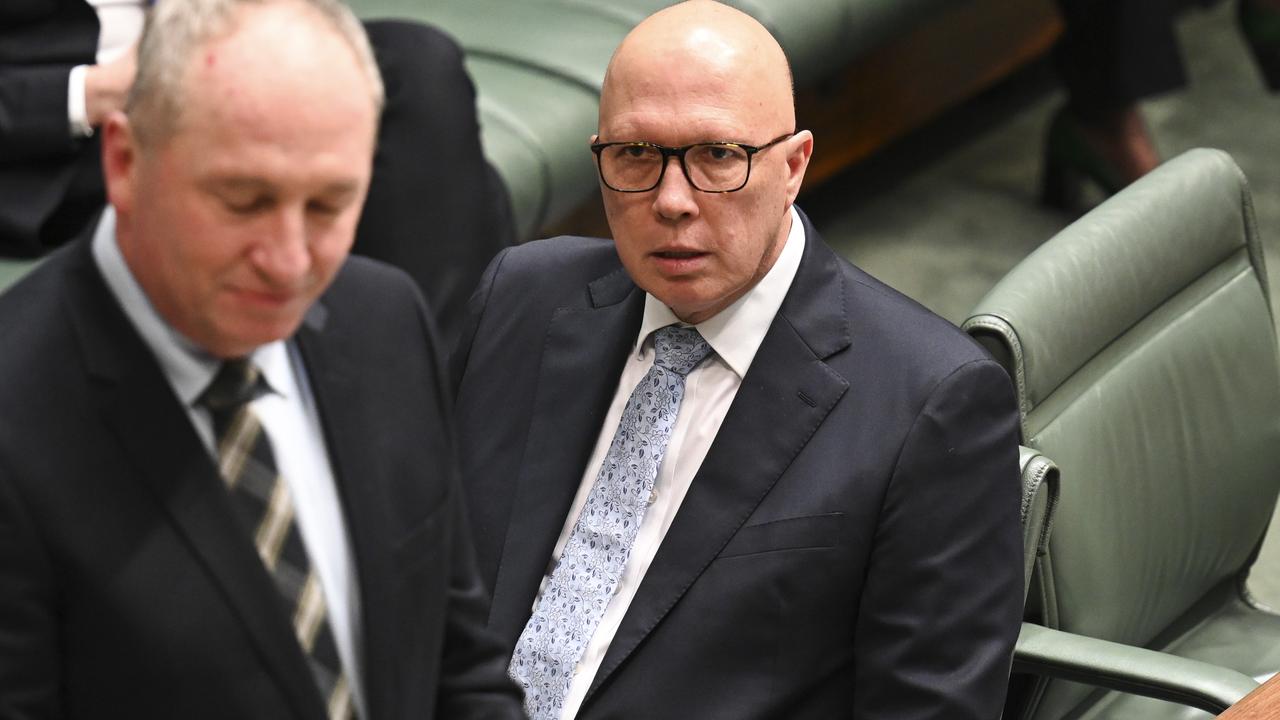Industry titans and union warriors rescued our nation from crisis
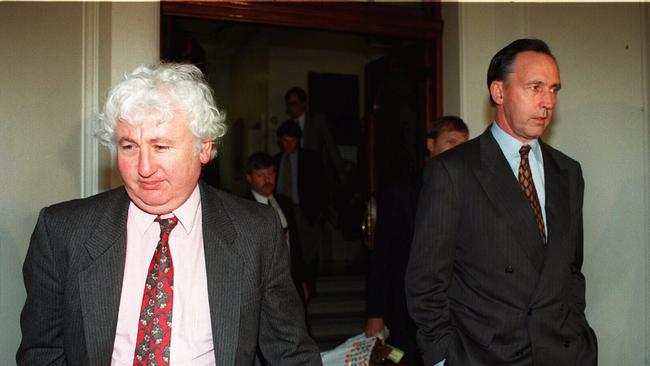
I read again this week the story of the creation of the Business Council of Australia. A tale of how the ACTU leaders outsmarted Australian business leaders at the economic summit held in 1984.
As one of those leaders, I should take it as a compliment. But like all stories that grow over time, the truth is often lost. The nation was beset by the worst recession since the Great Depression. Inflation and employment were both above 10 per cent. We had the craziest wage system in the world. We had to make a choice whether we headed down the direction of the US in having companies pay for health insurance. We had just made the oil companies pay for health insurance.
The economy had not just stalled, but had sunk into a quagmire of conservatism. At the outset, the employers, led by George Polites (Confederation of Australian Industry), Peter Abeles (TNT Ansett), Ted Harris (Ampol) and Bert Evans (Metal Trades Industry Association), wanted three things.
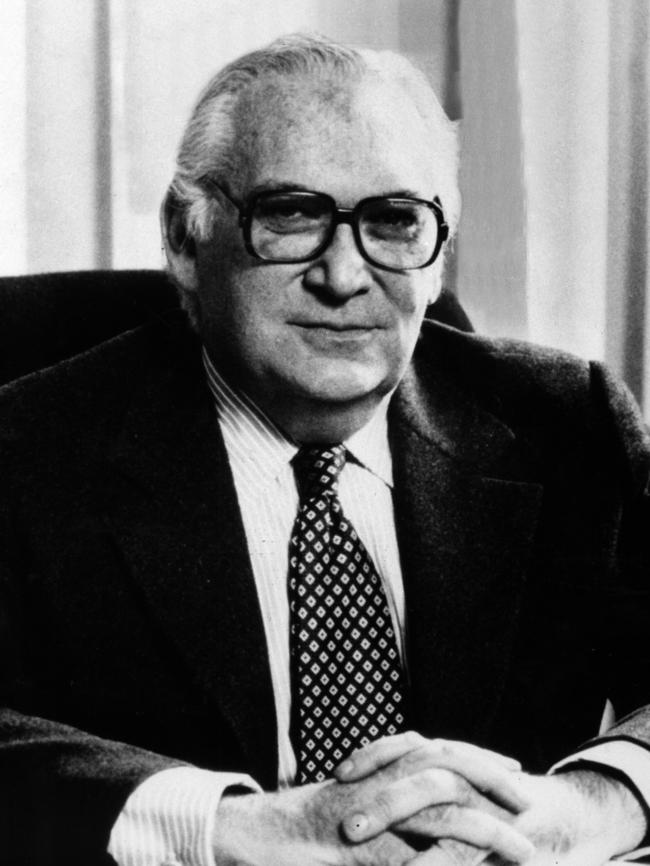
First, wage moderation as we recovered from the recession. Second, no claims for companies to pay health insurance. And, third, an understanding that the wages system would be fixed. The truth is we agreed on all three of these demands because we shared the same objectives: employment growth – “Jobs, jobs and more jobs” – a national healthcare insurance and a more sensible wages system.
We did not outsmart them. They were all brilliant and successful business leaders. Polites was probably the smartest employer organisation leader in our entire history. It is true he had a long and trusted relationship with Bob Hawke.
Abeles was a corporate genius. Harris was simply one of the smartest and toughest business people I had ever met. He became a lifelong friend. Evans was shell-shocked by the 1981 metal industry settlement, but all he ever wanted was to make Australia a far better place.
They were not outsmarted by anyone, especially me. I am always surprised that people don’t believe there can be a constructive relationship between people who represent different economic interests. But surely the employers did not lose having a national health insurance scheme to which they did not contribute, a stable and rational wage-fixing system and wage moderation as we eased out of this terrible recession.
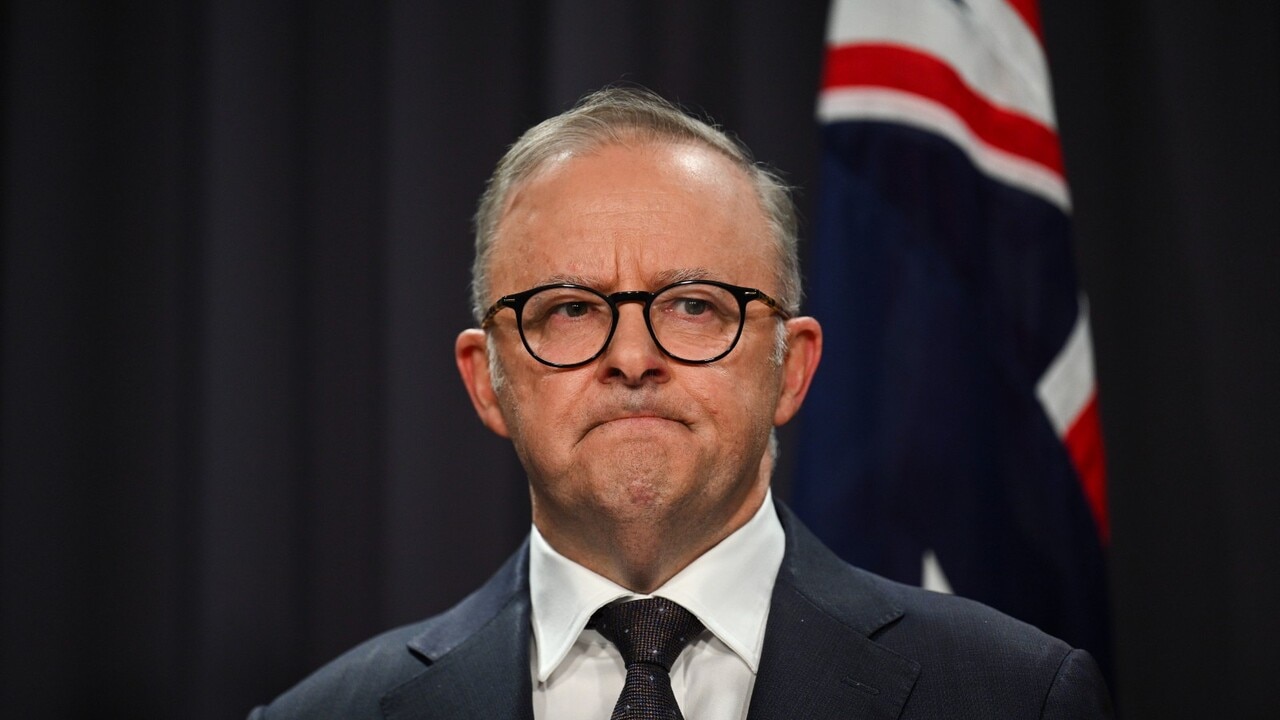
It is true that Rod Carnegie and Arvi Parbo were taken aback when they underestimated Charlie Fitzgibbon, who took them apart on the economy. They should not have been embarrassed because Fitzgibbon, the leader of the Waterside Workers Federation, was the only person Hawke would not engage in debate.
It was Fitzgibbon who laid the groundstones for a shorter working week and industry superannuation. He understood how the real economy worked. If he had entered parliament, he could have easily been prime minister.
Fitzgibbon was the first ACTU leader to be converted to Paul Keating. As Keating said at the time, “he has great judgment”.
What is true is that the BCA was created out of the summit. Polites did not deserve this treatment. It hurt the ACTU because the Confederation of Australian Industry would never go so far and would more often be the lowest denominator. The BCA was the first to oppose our position on superannuation. All the employer organisations fled when the ACTU and the Labor government had to force the issue on the new wages and superannuation systems.
However, that did not mean we lost the support and encouragement of a great number of employers. None of this was easy, none of this came without sacrifice and much debate.
It is true much of this was orchestrated by Keating and Hawke. But it could never have been done without the input of wonderful union warriors and employers who were prepared to stand up for the fight.
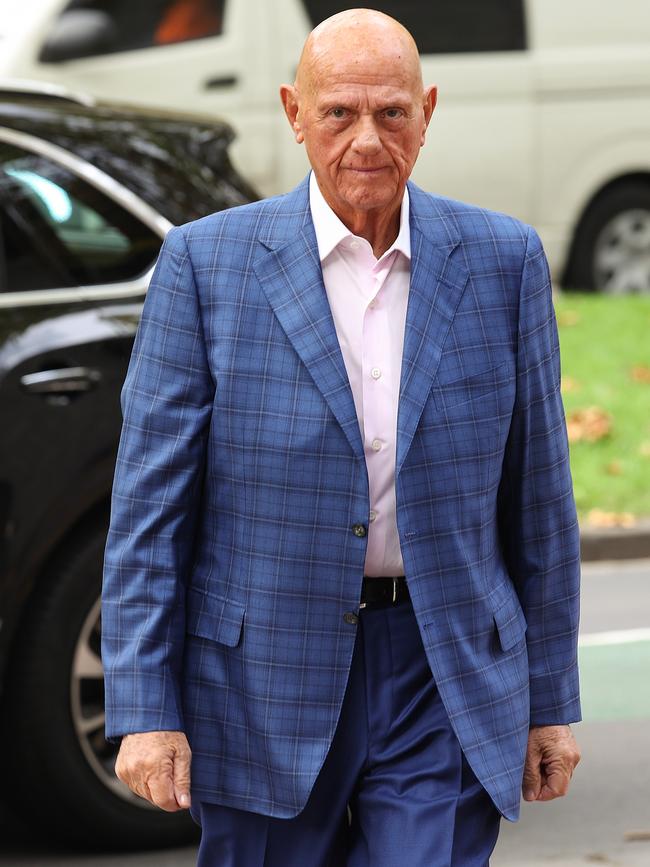
These employers do not deserve to be dismissed and discounted by history. The nation will owe a debt to Abeles, Harris, John Prescott, Gerry Ellis, Will Bailey, Ivan Deveson, Gary Pemberton, Paul Simons, Solomon Lew, Lindsay Fox, Bill Bolitho, Alan Jackson, as well as Evans and Barry Watchorn, who were willing to work constructively with the ALP government and unions to restructure the economy.
The facts are plain that this period, 1991 to 2009, resulted in perhaps the biggest real wage improvement in the history of the country. With Keating conducting the orchestra, these employers and a host of others were instrumental to the change, which resulted in one of the great surges in improvements in our living standards of more than 20 per cent in the two decades that followed. They helped create and maintain the big safety nets of health insurance, high minimum wages and superannuation.
For the most part, the BCA was all huff and puff, and was found missing when the real fights were to be had. This did not mean that many of its constituent parts were not up for the fight for a more productive but compassionate nation.
Bill Kelty was secretary of the ACTU from 1983 to 2000.





